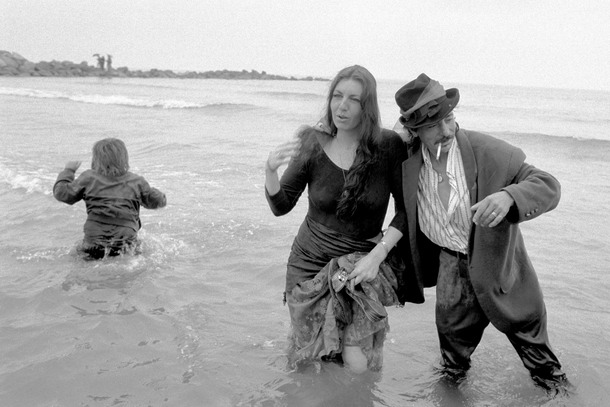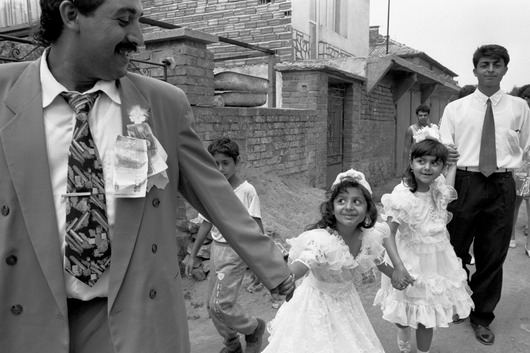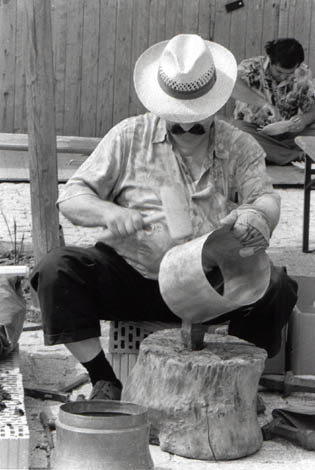The Roma culture is not a written one and has kept its unity and consistency in spite of savage assaults. Traditions were one of the tools by which the Roma identity maintained itself through the centuries and they play an important role in the life of Roma in every place where they live.
Traditions, are called romano zakono among Roma living in Slavic countries, romano sakaši among Lovara romano adeti in the Balkan, and are transmitted from grand-parents and parents to their children and grand children.
These Roma traditions create the romanimos or romanipen – that is, the Roma identity.The place where these traditions take their full force among Roma in the entire world is in the family and in family life. Roma never had a country – neither a kingdom nor a republic – that is never had an administration enforcing laws or edicts. For Roma, the basic “unit” is constituted by the family and the lineage.
Traditions cover every aspect of life, from birth to death, for interrelations as well as for conflicts, for family life, hygiene and so on. They can be roughly divided into the following categories: Religion and beliefs; ritual cleanness and unclean-ness; family traditions covering every aspect of family life; conflict resolution in the form of traditional tribunals or kris; and the power of the word, that is, having to hold one’s word as well as having and showing respect for its contents.





